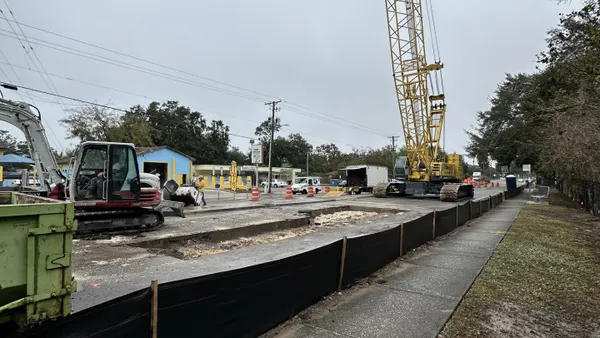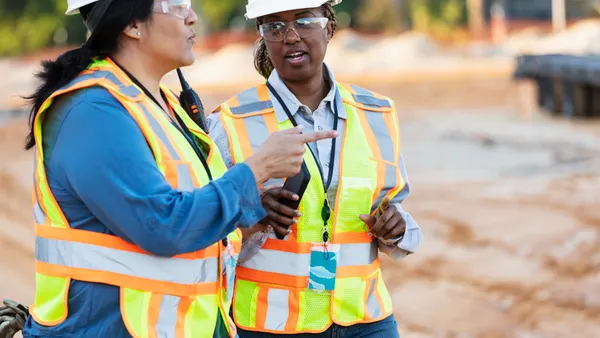Dive Brief:
- In a Tuesday speech to Congress, Senate Minority Leader Charles Schumer (D-NY) reiterated his position that President-elect Donald Trump’s plan to pay for infrastructure projects through a program of private investment and tax credits will not be enough to win Democrats’ approval, according to The Hill.
- Schumer maintained that without the inclusion of direct federal spending, Trump’s plan as-is would draw in only those investors who could profit from revenue-generating assets like toll roads, leaving other projects that do not offer a payoff left without funding.
- Trump has sufficient Republican support in the House but will need some Senate Democrats on his side to make any progress with his infrastructure agenda.
Dive Insight:
During the presidential campaign, Trump and his advisers announced a $1 trillion infrastructure plan that would draw in private equity in exchange for an 82% tax credit. Soon after the election, Schumer expressed similar sentiments as he did before Congress this week — that the president-elect's proposal would be a non-starter without a revenue component that would bring in more funds for all infrastructure projects, noy just ones that would provide a boon to investors.
Nevertheless, Schumer also said that he believed both sides of the aisle could work together to pass an infrastructure plan within the first 100 days of Trump's administration if they can avoid what he called the "gimmicks" in Trump's proposal. Schumer might be in for a roadblock of his own in the form of Senate Majority Leader Mitch McConnell (R-KY) though. Shortly after Schumer expressed his preference for federal spending, McConnell indicated he would be opposed to anything similar to a stimulus plan. Republicans have typically blocked federal infrastructure spending bills that would increase debt.
Trump's latest move regarding infrastructure came late last month when sources told The Washington Post that he and his staff were forming a task force to administer his plan. The head of the task force reportedly will not be a cabinet-level position, but whoever ends up taking the reins will aid communication between investors and the government, as well as oversee the implementation of Trump's infrastructure policies. One appointee who will also have significant influence over the nation's infrastructure is Trump's choice for transportation secretary, Elaine Chao.









